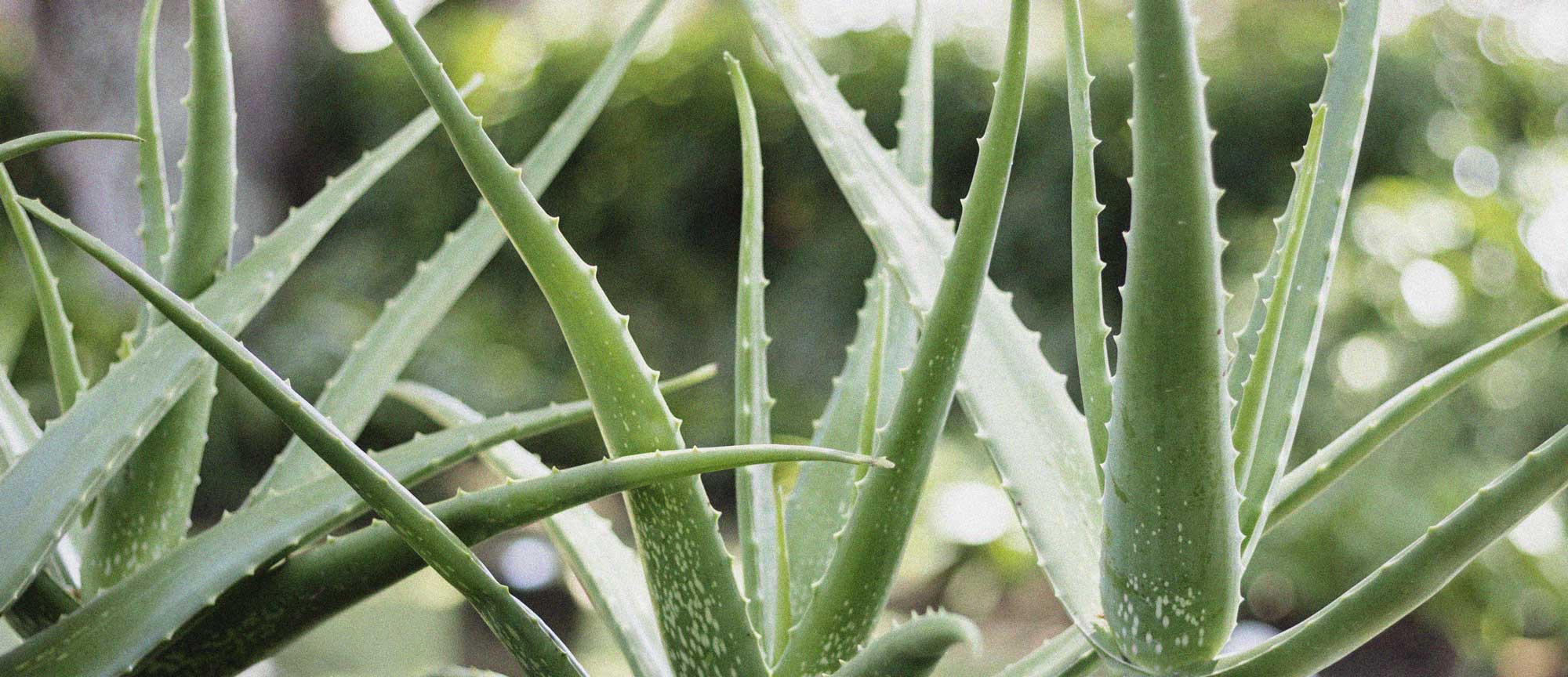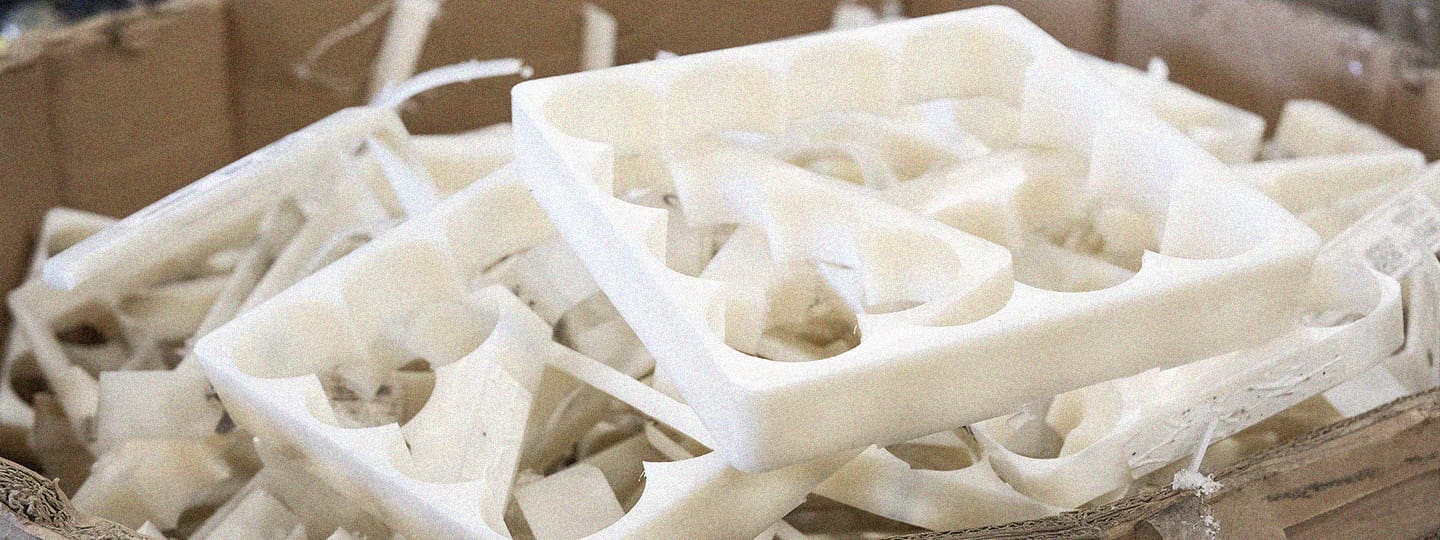One way to celebrate Mother Earth is to be conscious about the skincare products used. Some key things to look for in your products are recyclable packaging, which helps reduce the use of single-use plastics, non-toxic ingredients, which ensures product safety, cruelty-free products, which means that they do not test on animals, and fewer steps from manufacturing to delivery, decreasing the carbon footprint of the product. There are also several ingredients commonly found in skincare products that should be avoided, as they are bad for the environment (getting into waterways and having a significant impact on wildlife) and are also detrimental to human health. If individuals shop smart for the products they put on their skin, everyone can learn to cherish and take care of themselves and the planet better.
Ingredients to Avoid
Sulfates: Sulfates are found in many common skincare products, including as a cleansing agent in face wash, creating a foamy texture. However, not only is this product drying and irritating to hair and skin, but it has been shown to be toxic to aquatic organisms when washed down drains and ends up in waterways. It also contributes to water and soil acidification, which causes acid rain and fog that is damaging to many ecosystems.
Fragrance: Artificial fragrances are also a common skin irritant and culprit to long-term marine damage as they increasingly appear in waterways. On a cellular level, fragrances “compromise a cell defense mechanism that normally prevents toxins from entering cells,” according to National Geographic. This ultimately inhibits an organism’s immune system.
Silicones: Silicones are found in many anti-aging products, as well as creams and lotions, to create that smooth and spreadable texture. However, they are not biodegradable and thus end up accumulating in waterways and eventually making their way up the food chain into food. They are also volatile, meaning they can easily vaporize and contaminate the air.
Triclosan: This antibacterial ingredient is found in cosmetics ranging from shampoos to face washes to toothpaste and hand sanitizer. However, it is extremely toxic to aquatic bacteria and has increased antibacterial resistance, leading to more deadly infections. It also reacts in waterways with other chemicals and can form toxic dioxins, which have several adverse effects on humans.
Parabens: In cosmetics, parabens are used as a preservative to keep products fresh longer. However, this ingredient, banned in the European Union, has been found in the tissues of marine animals. Studies by the Environment Working Group have shown ecological harm from the accumulation of parabens, leading to coral reef deaths and reproductive issues in animals (including humans).
Oxybenzone and Octinoxate: These chemicals were first banned in Hawaii due to their abundance of use in sunscreens. Both Oxybenzone and Octinoxate lead to coral bleaching and the large destruction of coral reefs. This is due in part to the activation of latent viral infections in the microalgae, which are in a symbiotic relationship with coral to receive their nutrients and thrive.
Exfoliating Microbeads/Microplastics: Often used in exfoliating products, microbeads are made of a plastic substance called polyethylene, which unlike natural and organic exfoliants (including sea salt), is not biodegradable and thus pollutes rivers and lakes. Because of their composition, these beads absorb harmful pollutants and toxins, which transfer to those who consume them. This is mainly an issue for fish and other wildlife who mistake them for food, causing digestive issues and even death. This leads to bioaccumulation in humans as well when we eat the affected fish.
Eco-Friendly Ingredients
Retinol: A perfect nighttime addition to your skincare routine to clear up acne, reduce signs of aging, and naturally exfoliate the skin is not complete without retinol. You can incorporate this derivative of Vitamin A through a serum, cleanser, or moisturizer.
Rosehip Oil: This soothing ingredient can be found as either an additive in skin care products or as a 100% pure product. It is high in essential fatty acids and retains moisture in the skin to fully hydrate it and help it glow.
Green Tea: Green tea is a superfood for skin care. It is packed full of antioxidants and antimicrobial compounds and is a key ingredient in anti-inflammatory and soothing products. It can also help with acne breakouts and provide healing benefits.
Shea Butter: An all-natural ingredient that is extracted straight from the Earth, shea butter locks in moisture to create a soft and smooth texture on your skin.
Vitamin C: Found in a variety of natural skincare products, Vitamin C promises skin brightening and smoothing benefits, as well as being a strong antioxidant that protects your cells against the effects of free radicals.
Jojoba Oil: This ingredient is rich in Omega-9 and fatty acids, which prevents water loss and creates a protective layer for the skin. It is hydrating, healing, and regenerative. It is non-toxic and hypoallergenic, and it has one of the lowest environmental burdens of any natural ingredient out there, as only the seeds are harvested, creating a truly renewable plant.
Argan Oil: Containing vitamin E and fatty acids, argan oil can help clear acne and act as an anti-inflammatory agent for the skin. It can be used as a moisturizer and a serum and even protects against sun damage and premature aging. The extraction of argan oil is not environmentally damaging due to the deep roots that prevent soil erosion and maintain water resources.
Ceramides: Helping to restore the skin’s moisture barrier, damaged skin, sun damage, and acne, ceramides are often found in moisturizers, notably in many of the products from the Cerave skincare line. Ceramides can be from plant-derived sources, including rice, sweet potatoes, and yeast.
Sustainable Packaging
Stainless steel and tin: These materials have a very high recycling rate of about 70-90%, although they may be lined with BPA, making them a less attractive option than aluminum.
Aluminum: This material is 100% recyclable and sustainable, and because of this, it is a truly circular material. It is also light, durable, and with a lower melting point than glass, it requires less energy input to recycle and less energy to manufacture. This makes it a very strong option for sustainable packaging.
Glass: This material is a great sustainable option for reusing and refilling products and therefore ends in less waste.
Paper and cardboard: This material for packaging is a preferable option as it can be sourced from sustainable forests, recycled, and is compostable. However, it is labor and resource-intensive to manufacture, and to ensure the stability of the packaging; it has to be treated with chemicals that make it no longer recyclable.
Refillable packaging options: This business model is becoming more abundant among skincare brands to move towards a lower-waste initiative.
Sustainable Skincare Brands
Activist Refillable Skincare: Activist Skincare is a women-owned business that utilizes refillable packaging and is packed with natural ingredients that contain no added fillers, endocrine disruptors, or toxic chemicals. The brand’s entire line is built around a highly customizable regimen that allows consumers to choose the best products based on their individual skin type and concerns.
Fleur and Bee: This sustainable skincare brand offers an array of multi-active formulas that are full of 32 nourishing actives and no parabens, sulfates, artificial fragrances, or other chemicals. Their cleansers, toners, serums, eye creams, masks, and moisturizers are also vegan and cruelty-free.
Klei Beauty: Aside from focusing on sustainable packaging and sourcing, Klei Beauty focuses on promoting self-love and giving back to the environment and their Brooklyn community.
Meow Meow Tweet: This brand is ideal for dry and cracked skin, with a wide range of certified organic ingredient formulas and natural nourishing oils that deliver a super-hydration boost by delivering nutrients and promoting cell regeneration. They also offer a refill program to reuse your previous packaging.
Common Heir: Common Heir has reimaged Vitamin C serums to tackle dark spots, as well as a retinol that brings a glow without irritation, boosted by smoothing botanicals that detox and visibly renew skin. It is also ideal for both melanin-rich and sensitive skin, and the products come in recyclable plant-based capsules for ultra-sustainability.
Herbivore Botanicals: Opting for high-performing, zero-waste skincare, this brand offers natural, vegan, cruelty-free products to ensure that you look and feel your best!
Plaine Products: This brand is for the traveler in you, offering a wide range of travel-size products. Tackling waste with refillable body washes, face washes, moisturizers, oils, facial toners, and sustainable zero-waste shampoos, this brand should definitely be on your radar!
Loli Beauty: With sustainably and ethically sourced skincare formulas, Loli Beauty is the world’s first sustainable + certified MADE SAFE® organic beauty brand with a growing range of vegan and cruelty-free products, including cleansers, toners, oils, serums, moisturizers, masks, and scrubs.
Fat & The Moon: This woman-owned, hand-crafted company focuses its attention on healing the mind, body, and soul through self-care. They work with plants that are abundant, ethically harvested, and organically cultivated and combine them in formulas that are non-toxic. They are also committed to using reusable, recyclable containers whenever possible.
Non Gender Specific: This is the world’s leading gender-neutral beauty brand, sustainably sourcing its ingredients to create botanical-rich, cruelty-free, and vegan formulas. Their coveted Phytonutrient Concentrate is the highlight of their entire collection, full of 23 powerful botanicals that deliver over 72 nutrients in every drop. While on the pricier side for most eco-friendly beauty brands, these products are well worth it!
Understanding Brand’s Transparency
The last thing to note is choosing brands that prioritize transparency with their customers about their supply chains. Next time you go to purchase a skincare product either online or in the store, ask yourself and search for these important questions:
- Where and how do they source their ingredients?
- How are these skincare products made?
- Are they using sustainable packaging, as detailed above?
- Are there any detailed sustainability reports?
Isla, a newer skincare brand launched in 2020, is one of the many brands taking on the new challenge to be fully transparent about not only their sustainability and materials but also their prices, educating customers about what they can expect to pay for their products. This transparency is essential for forming a trusting and two-sided relationship with customers so that consumers can make a well-informed decision about the products they put on their skin. All of the information is carefully detailed on the transparency page on their website and is definitely worth a read!
Continuing to educate yourself on the skincare products to use will not only lead to healthier skin but also help ensure the environment is not harmed in the process. Loving Mother Earth means using her resources wisely and giving back to her as much as one can.




